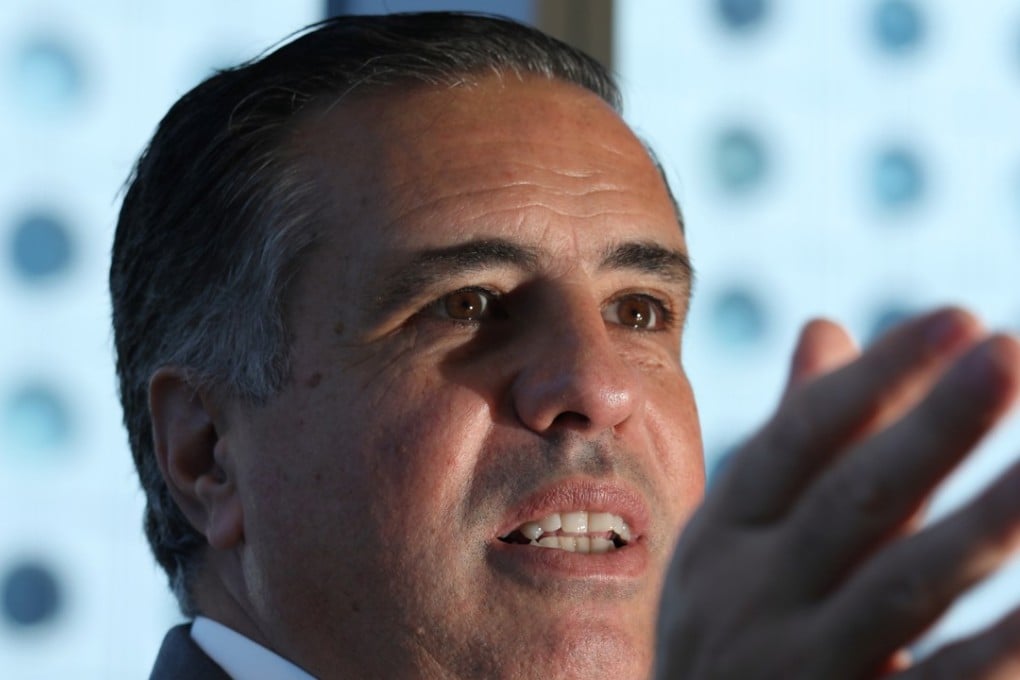Exclusive | JP Morgan says it’s still firmly on track to launch China venture next year, regardless of trade spat
In an exclusive interview with SCMP in Hong Kong, Daniel Pinto outlines how the biggest bank in the US views China, the progress on its plans in the country, and what effect the trade dispute with Washington is having

JP Morgan’s co-president Daniel Pinto still hopes its new China securities venture will be approved next year, and insists the US giant’s aspirations in the world’s second largest economy will not be “derailed” there by the country’s ongoing trade war with the US.
The biggest bank in the US by total assets, JP Morgan applied to the China Securities Regulatory Commission last May to open a securities firm in which it will hold a 51 per cent stake.
It has said it will increase the stake to 100 per cent over the next few years as allowed by regulations.
The move followed China’s surprise decision in November to open its financial industry to foreign control.
“We haven’t been granted the license. The processing will probably take a year. But so far things are going fine,” said Pinto in an interview with the South China Morning Post in Hong Kong.
He said the regulator has accepted the application.
“We hope it will be next year that we get the approvals.”